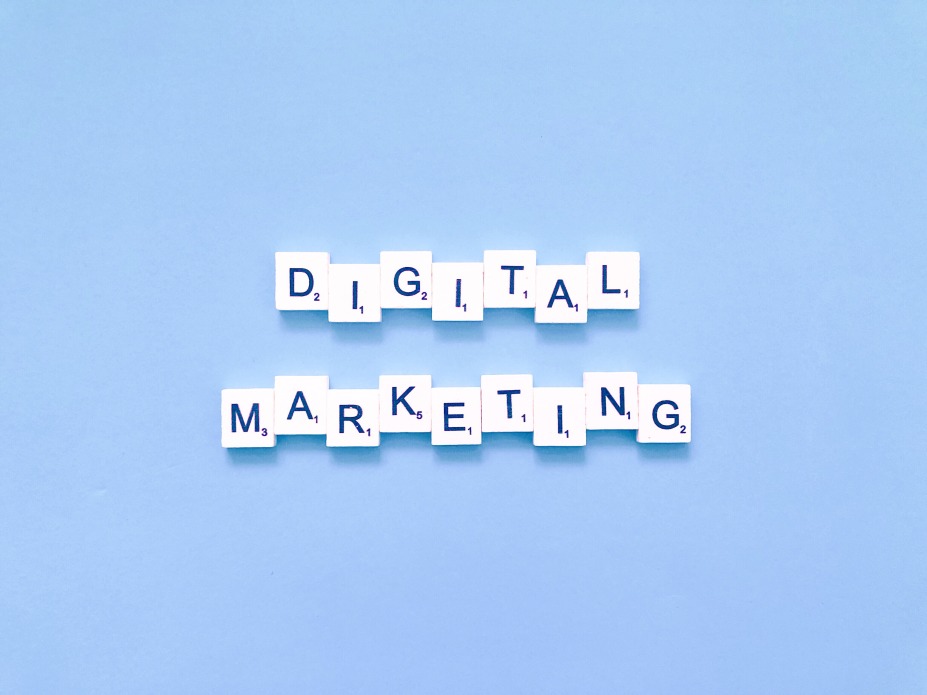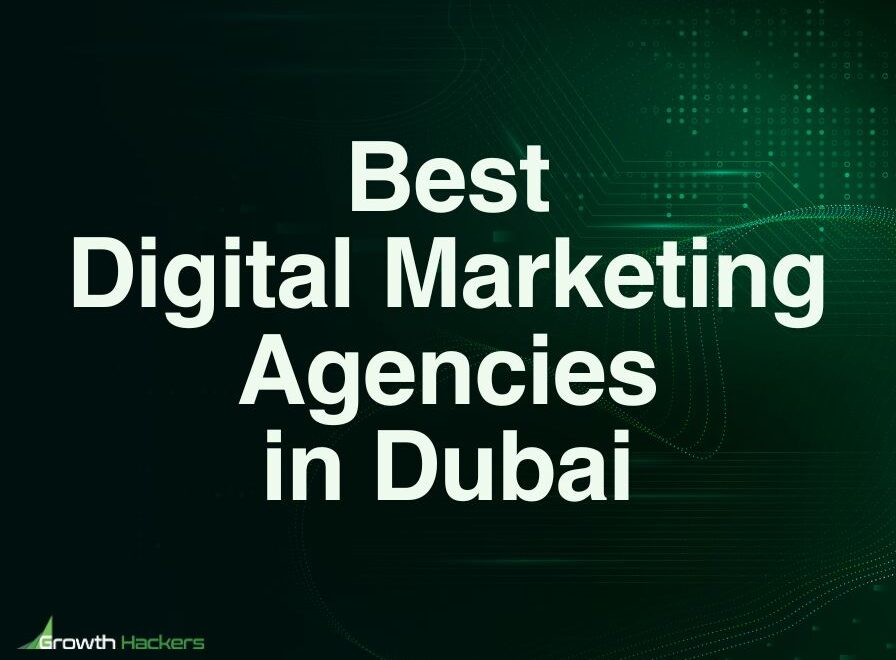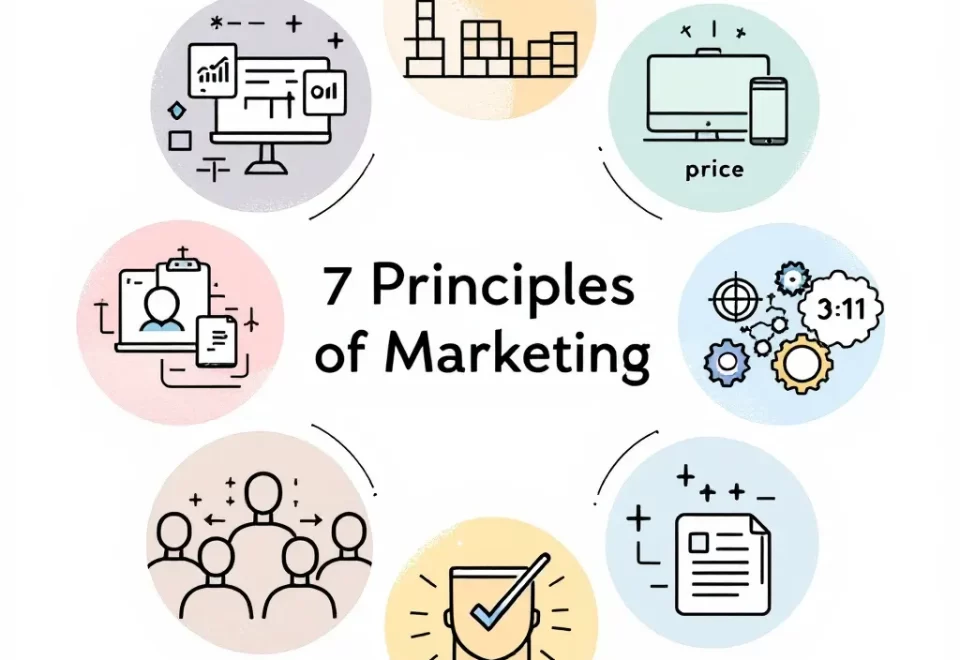In today’s business landscape, the integration of information technology (IT) has revolutionized how you can promote and sell products and services. According to the McKinsey Global Survey, making automation a priority in business has become crucial to ensure success.
Automation is a transformative force that propels businesses from manual methodologies into the world of automation. This paradigm shift not only streamlines processes but also presents a myriad of opportunities for enhanced efficiency and profitability, with nearly half (45%) of job tasks having the potential to be automated through existing technology.
In this article, we’ll explore the dynamic intersection of IT, sales, and marketing. Whether you’re building a startup or managing an established enterprise, the strategies we’ve compiled can help you leverage technological advancements for strategic growth.
Task Automation
Automation offers a host of benefits if you’re navigating the digital landscape. Task and process automation can significantly enhance efficiency by reducing manual effort and human error, allowing you to focus on high-value tasks requiring human creativity and insight.
If you’re on the sales and marketing team, your main goal is to ensure that your team meets sales targets. However, achieving greater sales remains elusive when bogged down by non-essential tasks.
Consider tasks like recording sales calls, managing emails, scheduling appointments, arranging follow-up visits, and ensuring CRM systems are up-to-date. While these are essential administrative work that requires attention, they often demand a substantial investment of time and effort from field representatives. They may be crucial, but these activities can be both labor-intensive and time-consuming. This is where IT — automation, in particular — becomes helpful. It shoulders this administrative burden and frees up your team to concentrate on tasks directly contributing to driving sales.
Automation tools in sales and marketing include tools for lead generation and prospecting, social media management, customer relationship management, email marketing, and sales call and meeting scheduling. These software applications are designed to streamline and optimize various tasks within these domains.
Let’s use email finder tools as an example to demonstrate the power of automation. These tools optimize finding and qualifying leads by automating the search for contact information. Instead of being manual and time-consuming, these tools can quickly and accurately identify email addresses, enabling sales teams to establish direct and targeted communication with potential clients. This saves time and ensures a more personalized approach to outreach, which can increase the likelihood of successful engagement.
Customer Relationship Management (CRM) System
While this can be part of the automation process, the use of a customer relationship management system deserves another section to discuss how you can leverage IT in sales and marketing. Yes, customer relations is one of the business areas that need a human touch, but it doesn’t mean you can’t use IT in the process.
CRM is a tech tool that is now commonly adopted by businesses to handle and assess their engagements with existing and potential customers. It uses software to arrange, automate, and coordinate sales, marketing, customer service, and technical support procedures, ultimately fostering more robust customer relationships.
In one study, nearly half of the surveyed businesses (45%) reported that the implementation of CRM software led to a boost in sales revenue. CRM is instrumental in streamlining the following sales processes:
- track leads
- manage pipelines
- automate routine tasks
- aid in targeted marketing efforts
So, how does CRM work? These systems act as a centralized hub for storing and managing customer information. This includes contact details, purchase history, preferences, and interactions. By comprehensively viewing each customer, your sales and marketing teams can tailor their approaches, personalize communications, and make informed decisions.
Examples of popular CRM systems include HubSpot CRM and Zoho CRM. These systems provide various functions, from lead management and contact tracking to analytics and reporting. All these features and functions can equip you as a business to improve customer interactions, boost sales, and nurture lasting loyalty.
Need help leveraging IT for your sales and marketing efforts?
Contact Growth Hackers
Smart Communication Tools
Communication these days is both more straightforward and intricate than ever. It might sound contradictory, but it’s true. While there are numerous channels for you to connect with leads, prospects, and the broader business audience, the abundance of choices can create challenges without the right technologies in play.
This is where IT steps in, as it helps address this complexity and reduce the manual workload.
Smart communication tools include innovative technologies designed to enhance and make communication processes in the sales and marketing departments more efficient. These tools utilize advanced capabilities to enhance interactions with clients and prospects, making them more efficient and personalized.
Interactive voice response (IVR) systems are a good example. IVR systems automate and manage incoming calls, allowing callers to navigate through a menu of options using voice or keypad inputs. In a business context, IVR systems can be employed to route calls to the appropriate department, collect customer information, or facilitate self-service options. This expedites customer inquiries and ensures a more organized and tailored communication experience.
Another example of smart communication tools is the use of chatbots. These AI-driven conversational agents engage with users in real-time, offering instant responses to queries and guiding them through various stages of interaction. They can also respond to common inquiries and collect initial details from potential leads.
In sales and marketing, chatbots can be embedded in websites to provide immediate assistance, qualify leads, and even initiate the sales process. Did you know that you can also apply them to your social media account? Yes, chatbots can address inquiries on your social media profiles, which can enhance responsiveness and customize the customer experience. As a result, you can have more time to do more complex and important tasks.
Digital Marketing
When discussing digital marketing, we are referring to a range of strategies, tools, and online platforms that are reshaping how businesses promote and advertise their products. In simple words, digital marketing is a mix of strategies tailored to the online environment. These diverse strategies leverage digital platforms to reach and engage audiences, each serving unique purposes in promoting products or services.
Here are the different forms of digital marketing to consider:
- email marketing
- content marketing
- affiliate marketing
- influencer marketing
- social media marketing
- online public relations
- pay-per-click (PPC) advertising
- search engine optimization (SEO)
A common strategy among businesses today is social media marketing. Connect with your audience on platforms like Facebook and Instagram and run focused ad campaigns to enhance brand awareness. You can also use Facebook Ads to reach a particular demographic, tailoring your message based on interests and behaviors.
If you’ve been involved in Amazon selling, you’ve likely found information regarding Amazon PPC advertising. The PPC approach enables businesses to strategically position ads, with charges only incurred when users click on them. In the case of Amazon PPC, you can bid on keywords relevant to their products and ensure your items appear prominently in search results on the Amazon platform. This not only boosts your product’s visibility but also ensures your message reaches potential customers actively searching for related products.
Content marketing is another approach involving creating and distributing valuable content to captivate and engage your target audience. This includes blog posts, articles, videos, or infographics. Offering informative and engaging content positions your business as an industry expert, fostering trust and credibility with your audience.
Get ready to elevate your strategy – start maximizing IT in sales and marketing today!
Augmented Reality and Virtual Reality
In addition to creating professional-quality promotional videos, augmented reality (AR) and virtual reality (VR) add a new dimension to sales and marketing. What sets them apart from traditional methods is the immersive and interactive experiences they provide.
In sales, AR and VR technologies can transform how product demonstrations are conducted. For instance, rather than traditional brochures or online images, potential customers can use AR applications to visualize your products in their real-world environment.
In marketing, VR has the potential to revolutionize content creation. For example, offering a virtual property tour in real estate or a virtual test drive in the automotive industry enables your potential customers to engage in a manner unmatched by traditional methods.
Moreover, training and onboarding processes within sales teams can be enhanced using AR. You can use AR applications to overlay step-by-step instructions or additional information onto physical products, which can aid sales representatives in learning about features and specifications more efficiently.
Closing Thoughts on Leveraging IT in Sales and Marketing
Embracing technology has the potential to reshape and optimize the way businesses operate in the fields of sales and marketing. From CRM systems streamlining interactions with customers to smart communication tools boosting engagement, and from digital marketing strategies reaching broader audiences to augmented reality revolutionizing customer experiences, the possibilities are limitless.
Ready to automate? We hope that these strategies help you integrate IT effectively into your processes so you can boost the capabilities of your sales and marketing teams. With this, you don’t just remain competitive but flourish in the dynamic realm of sales and marketing. Keep in mind that the key element for successful integration is finding the correct balance between human creativity and technological innovation.
The future awaits those who dare to innovate. Explore the potential of technology in sales and marketing and start your transformation today!
Growth Hackers provides outstanding growth hacking services helping businesses from all over the world grow. There is no fluff with Growth Hackers. We help entrepreneurs and business owners leverage IT in sales and marketing , increase their productivity, generate qualified leads, optimize their conversion rate, gather and analyze data analytics, acquire and retain users and increase sales. We go further than brand awareness and exposure. We make sure that the strategies we implement move the needle so your business grow, strive and succeed. If you too want your business to reach new heights, contact Growth Hackers today so we can discuss about your brand and create a custom growth plan for you. You’re just one click away to skyrocket your business.








